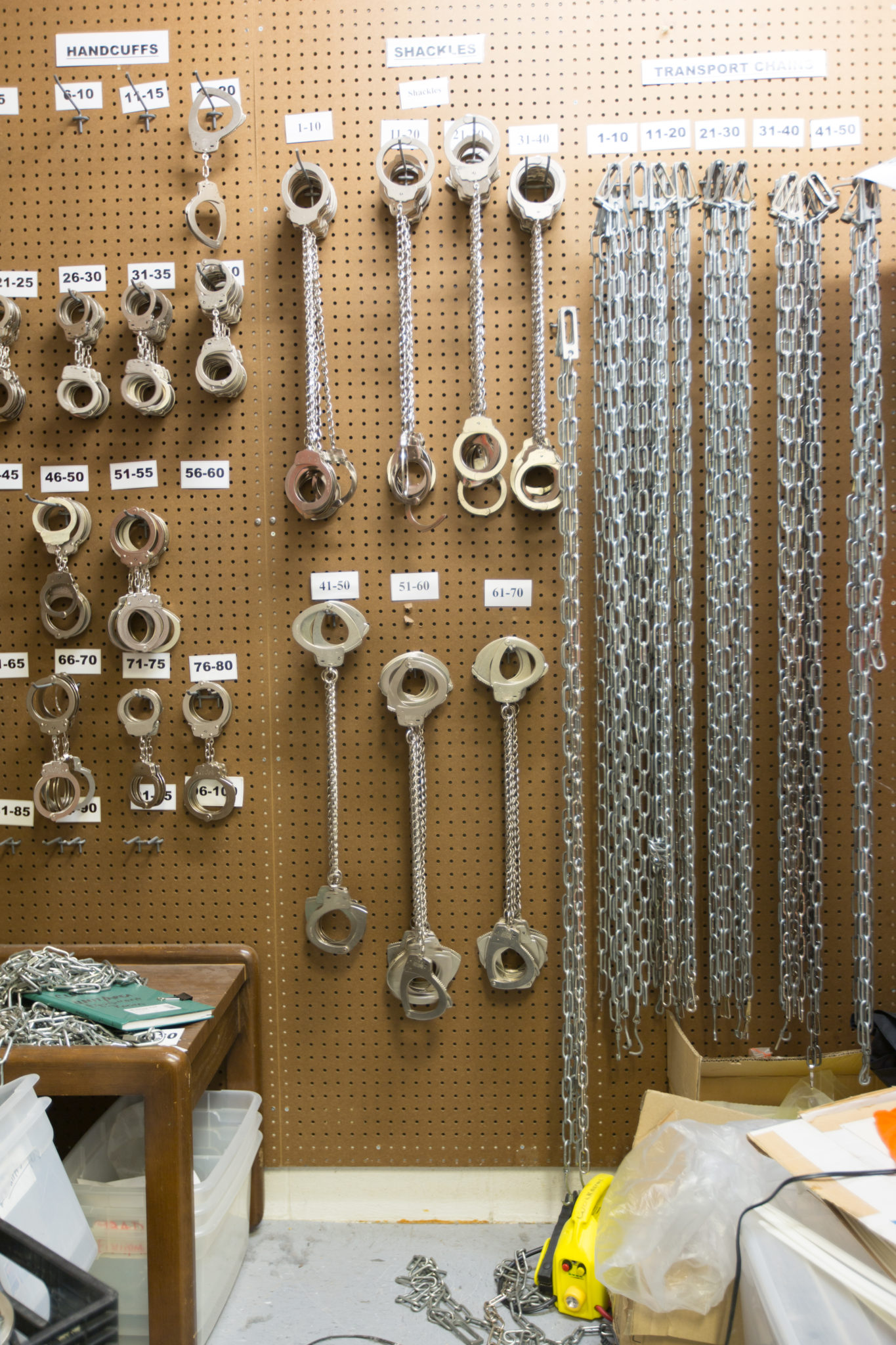People with psychiatric and intellectual disabilities are often subjected to involuntary practices in the name of treatment or protection. These practices include civil commitment, outpatient commitment, involuntary psychiatric medication, restraint, seclusion, the use of aversive procedures, and other forms of punishment and confinement.
Coercive practices are used in emergency rooms, psychiatric hospitals, nursing homes, prisons, jails, juvenile justice facilities, community programs and even public and private schools.
These involuntary practices can strip people of their rights and dignity, and cause physical harm and emotional trauma
In recent years, CPR has undertaken litigation or filed friend of the court briefs to address:
- Due process rights in civil commitment proceedings
- Excessive restraint and seclusion
- Involuntary treatment in emergency rooms
- Use of aversive procedures that inflict pain in the name of treatment
- Involuntary civil commitment of women to a state prison for alcohol and drug related disabilities
- Advance directive laws that discriminate against people with mental illness by giving them fewer rights to decide their own treatment
- Right of people with mental disabilities to make their own decisions about medication
